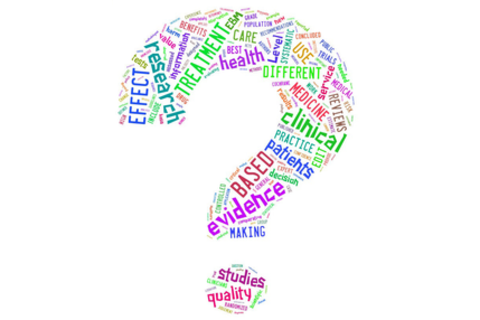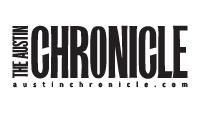Five Ways Health Decisions Don't Make Sense
Evidence-based medicine and patient-centered outcomes research share an assumption: Give patients and providers the information in plain language and you’ll improve their capacity for making good decisions. Not so. Research on patient and provider attitudes and social influences on decision-making suggests otherwise. Many factors besides evidence—e.g., tradition and emotion—impact health decisions. Too many options can confound rather than improve your capacity for making decisions. And the value of a decision is highly subjective. I'll present five major findings from prior and original research that challenges current paradigms. And I'll offer correctives for designing and evaluating decision aides in healthcare and other industries. If technology is prosthesis—if it extends our selves, corrects our deficits, and alters our attitudes and behaviors—then decision aides must employ flexible models of decision making. They must not only inform audiences, but also persuade them to engage.
Presenters
Aimee Roundtree
Assoc Professor
University of Houston-Downtown
Aimee Kendall Roundtree is an Associate Professor at the University of Houston-Downtown, where she teaches courses in medical and science writing, health communication, social media, hypermedia and technology, Web publishing and accessibility, visual design, and technical communication. She has helped with social media campaigns for organizations including the Association of Teachers of Technical Writing and Connexions journal. She also serves as a medical writer and qualitative researcher in the Texas Medical Center, where she has participated on research teams at the University of Texas M.D. Anderson Cancer Center, Baylor College of Medicine, and the Houston Center for Quality of Care and Utilization Studies. She has also been a communications specialist for the Texas Medical Foundation. She is currently working on several projects, including a book manuscript on the rhetorical nature of computer simulations and manuscripts on health-related uses of Facebook, Twitter

















